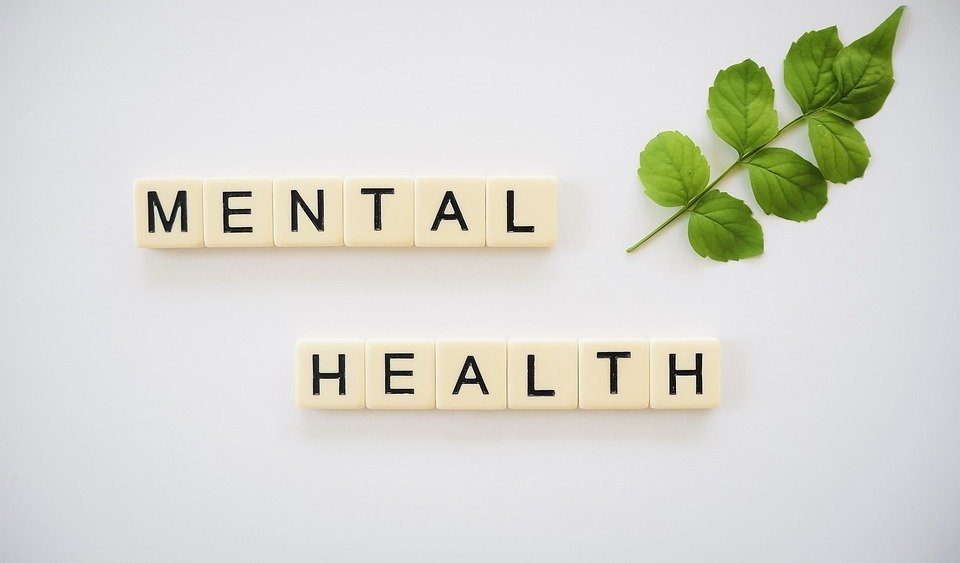In recent years, mental health clinics have undergone a significant transformation in how they engage with patients and deliver care. The increasing demand for accessible mental health services has pushed clinics to seek innovative ways to bridge communication gaps and improve the quality of support. One of the most promising advancements in this area is the use of digital communication platforms.
These tools are not just convenient add-ons. They are essential systems that help streamline operations, reduce no-shows, boost patient engagement, and improve therapeutic outcomes. This article explores how digital health communication tools enhance mental health care and why clinics must consider integrating them into their day-to-day operations.
Why communication matters in mental health clinics
Mental health care is built on trust, consistency, and communication. Whether it’s scheduling therapy sessions, conducting follow-ups, or sharing essential resources, clear communication between a clinic and its patients is critical. However, traditional communication methods (phone calls, voicemails, and paperwork) can often fall short, especially when dealing with sensitive patient needs or busy clinic staff.
Many patients with anxiety, depression, or trauma-related disorders may avoid phone calls or feel overwhelmed navigating bureaucratic processes. This is where mental health communication platforms step in to make a difference.
Reducing no-shows with automated appointment reminders
One of the most common challenges mental health clinics face is missed appointments. No-shows disrupt care plans, waste valuable time, and reduce the clinic’s ability to serve others.
Digital platforms offer automated text, email, or app reminders to nudge patients about their upcoming sessions gently. Unlike traditional reminder methods, these systems allow for two-way confirmation, rescheduling, or cancellations without requiring a phone call.
Benefits
- Fewer missed appointments
- Increased scheduling flexibility
- Better continuity in care
Clinics using digital communication platforms report a noticeable drop in no-show rates, helping both patients and providers stay consistent in therapy.
Enabling secure, two-way messaging
In mental health care, patients may need to reach out between sessions to ask questions, express concerns, or seek clarification. But they may hesitate to call or worry about being a burden.
With secure two-way messaging, patients can send non-urgent questions or updates to their therapist or care team. Staff can respond at their convenience, and the entire communication is logged within the clinic’s system.
This form of asynchronous communication provides a sense of ongoing support and makes patients feel heard, even outside the confines of a scheduled session.
Improving intake and screening with digital forms
The initial intake process for a new patient can be overwhelming. Lengthy questionnaires, consent forms, and medical history paperwork often leave patients feeling rushed or anxious.
Digital intake tools allow patients to complete forms before they arrive, at their own pace and from the comfort of their home. This leads to more accurate information, better preparation for clinicians, and reduced administrative workload.
Clinics can also integrate pre-screening assessments like PHQ-9 or GAD-7 into the digital process, helping clinicians understand a patient’s condition before the first session begins.
Real-time data sharing and EMR integration
One of the key advantages of modern digital health communication tools is their ability to integrate with Electronic Medical Record (EMR) systems. For mental health clinics, this is crucial.
Therapists can review a patient’s notes, messages, and session history in one place. This centralized system improves documentation, reduces redundancy, and enhances coordination among the care team.
Additionally, therapists can share care plans, goal-tracking worksheets, or medication information with the patient digitally, reinforcing therapeutic progress between sessions.
Creating a safer space for vulnerable patients
Mental health care often involves discussing deeply personal or traumatic experiences. Some patients – especially those with social anxiety or PTSD – may find it easier to engage digitally rather than face-to-face.
Digital tools, such as teletherapy platforms, secure messaging, or online portals, empower patients to take control of their healing journey in a way that feels safe and manageable. By reducing physical and emotional barriers to communication, clinics create a more inclusive environment for all patients.
Supporting group therapy and workshops
Many mental health clinics offer group therapy sessions or educational workshops as part of their treatment model. With digital communication platforms, clinics can easily:
- Send group invites and reminders
- Share educational resources post-session
- Track attendance and feedback
- Conduct post-group follow-up surveys
This increases participation and engagement while ensuring patients feel connected and supported as part of a community.
Empowering staff and reducing burnout
Burnout among mental health professionals is a growing concern. Administrative overload, disjointed systems, and communication mishaps add unnecessary stress to already demanding roles.
By using a centralised communication platform, clinic staff can automate many manual processes, including:
- Appointment confirmations
- Form collection
- Billing reminders
- Feedback requests
This workflow automation frees up mental space and time, allowing therapists to focus more on providing care than managing paperwork.
Analytics and patient engagement insights
Some digital tools offer insights into patient behavior, such as how often they log into the portal, complete forms, or respond to follow-ups. These metrics enable clinics to adjust their communication strategies and identify patients who may require additional support or outreach.
For example, a patient who hasn’t logged into their portal or missed two appointments might benefit from a personalised check-in message or alternative care option.
Embracing digital for better mental health care
Mental health clinics today face growing demand, evolving expectations, and tighter regulatory requirements. To keep up, clinics must adopt smarter, patient-centred solutions. Digital communication platforms are no longer optional. They are essential for clinics looking to improve care, build trust, and maintain efficiency.
From secure messaging and automated reminders to intake forms and teletherapy integration, these platforms offer practical, evidence-based tools that transform how mental health services are delivered.
Robert Haynes, a psychology graduate from the University of Hertfordshire, has a keen interest in the fields of mental health, wellness, and lifestyle.

